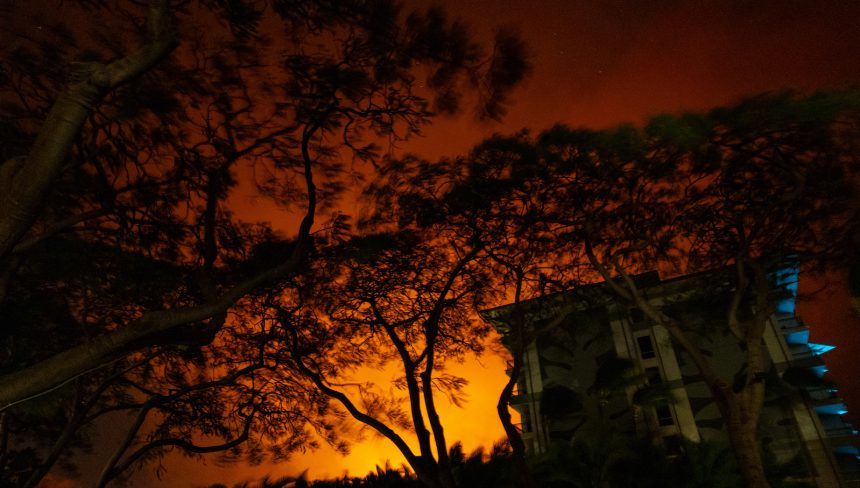On the evening of August 8th, following a devastating wildfire that tore through West Maui, Maui County’s emergency management chief, Herman Andaya, was unaware of the extent of the crisis. Slow and inadequate communication between government agencies resulted in a delayed response and failure to grasp the severity of the situation. The deadly fire claimed over 100 lives, making it the worst wildfire in modern U.S. history. Andaya, criticized for his lack of qualifications and failure to sound sirens as the fire spread, resigned amidst public backlash. Despite fleeing the island for training in Honolulu on the day of the inferno, he was uninformed about the loss of over 2,000 buildings and the displacement of thousands of residents.
Alyssa Purcell, a Native Hawaiian archivist, noted a pattern of government apathy towards community needs, drawing parallels to historical injustices faced by Indigenous peoples. Speaking at the U.N. Permanent Forum on Indigenous Issues, Purcell emphasized the urgency of supporting Native Hawaiian self-determination in the wake of the destructive 2023 Lāhainā wildfires. Purcell’s calls for international recognition of Hawaiian sovereignty highlight the ongoing struggle against disaster capitalism and land exploitation following the tragic event.
The Lāhainā wildfires exposed systemic disregard for Indigenous rights, echoing broader issues of native land dispossession and environmental mismanagement. As tourism and real estate dominate Hawaii’s economy, unmanaged lands filled with flammable grasses pose increasing wildfire risks. The government’s failure to address these concerns and protect vulnerable communities underscores the urgent need for international support for Native Hawaiian self-determination.
In the aftermath of the fires, concerns about corporate profiteering and private interests exploiting the disaster loom large. State actions favoring developers over Indigenous communities have exacerbated tensions over water access and land rights. The indifference of authorities to the cultural and environmental impacts of the wildfires underscores the urgent need for sustainable practices and community-led solutions.
As climate change threatens to exacerbate extreme weather events, including wildfires, efforts to prevent future tragedies in Hawaii must prioritize Indigenous rights and environmental stewardship. The community’s emotional wounds from the fire’s destruction are still raw, underscoring the need for holistic, culturally-sensitive responses to disasters. Amidst the devastation, Indigenous voices like Purcell’s call for justice, self-determination, and tangible action to protect the land and people of Hawaii.






